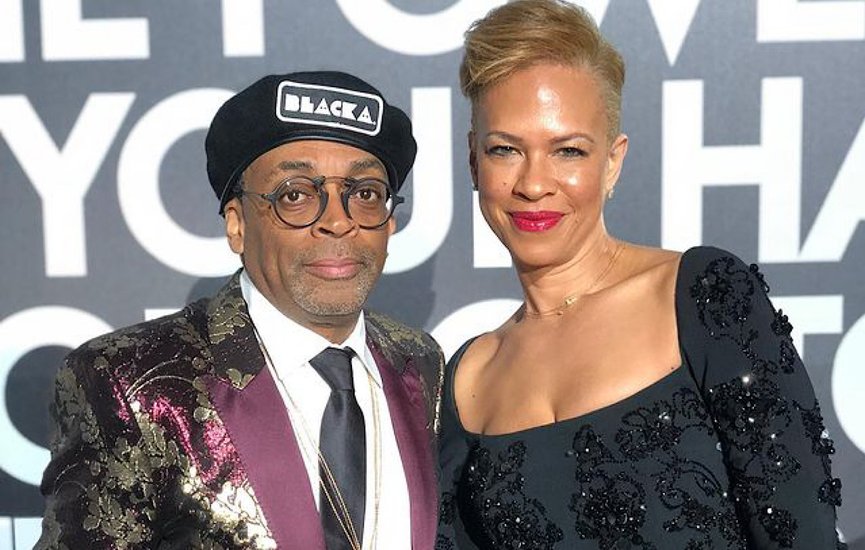Benin has appointed acclaimed American filmmaker Spike Lee and his wife, Tonya Lewis Lee, a producer and author, as its ambassadors for African-Americans in the US.
The couple will serve as "thematic" ambassadors, focusing on raising awareness and supporting initiatives to strengthen Benin's connections with people of African descent.
The agreement was finalized during their visit to Cotonou, Benin's capital, last week, according to French public broadcaster RFI.
The government stated that the role aims to help reconnect people of African descent worldwide with their historical, cultural, and spiritual roots.
The West African country also aims for the move to boost cultural tourism. It has introduced various initiatives encouraging people of African descent to reclaim their heritage and seek citizenship where eligible.
Last year, the government passed a law granting nationality to individuals with an African ancestor who was taken during the transatlantic slave trade.
The appointment of Spike and Tonya Lewis Lee comes after the launch of a website where descendants of enslaved Africans can apply for citizenship.
RFI reports that Tonya Lewis Lee was among many who applied and received a positive response. She had visited Benin last year.
In 2019, Ghana launched the "Year of Return" to encourage people of African heritage to return to the continent.
Spike Lee has previously mentioned that DNA analysis traced his father's lineage to Cameroon, while his mother's roots are from Sierra Leone. His wife, Tonya Lewis Lee, has not disclosed her specific country of ancestry.
Both have long been advocates for civil rights and social justice in their work. Spike Lee’s films often focus on African-American experiences, exploring themes of race, identity, and justice.
The Benin government stated that through their unwavering commitment to justice, exceptional creativity, and global influence, both have “profoundly shaped the contemporary narrative of the African diaspora.”
The couple has not publicly commented on their appointment.
In Cotonou, the move has generally been welcomed. Student architect Prospère Yehoume, 27, described it as a "strong cultural message" that could bring good publicity to Benin. Carlos Biogbé, a marketing professional, saw it as a huge opportunity, suggesting it might encourage actors and directors to film in the country.
However, secondary school student Basilia Hinvi questioned why US-Beninois actor Djimon Hounsou wasn’t named.
Benin’s coastline was once known as the Slave Coast, a major departure point for enslaved Africans sent across the Atlantic to the Americas. Between 1580 and 1727, the Kingdom of Whydah, a prominent slave-trading center on today’s Benin coast, is estimated to have exported over a million Africans to the US, the Caribbean, and Brazil.
